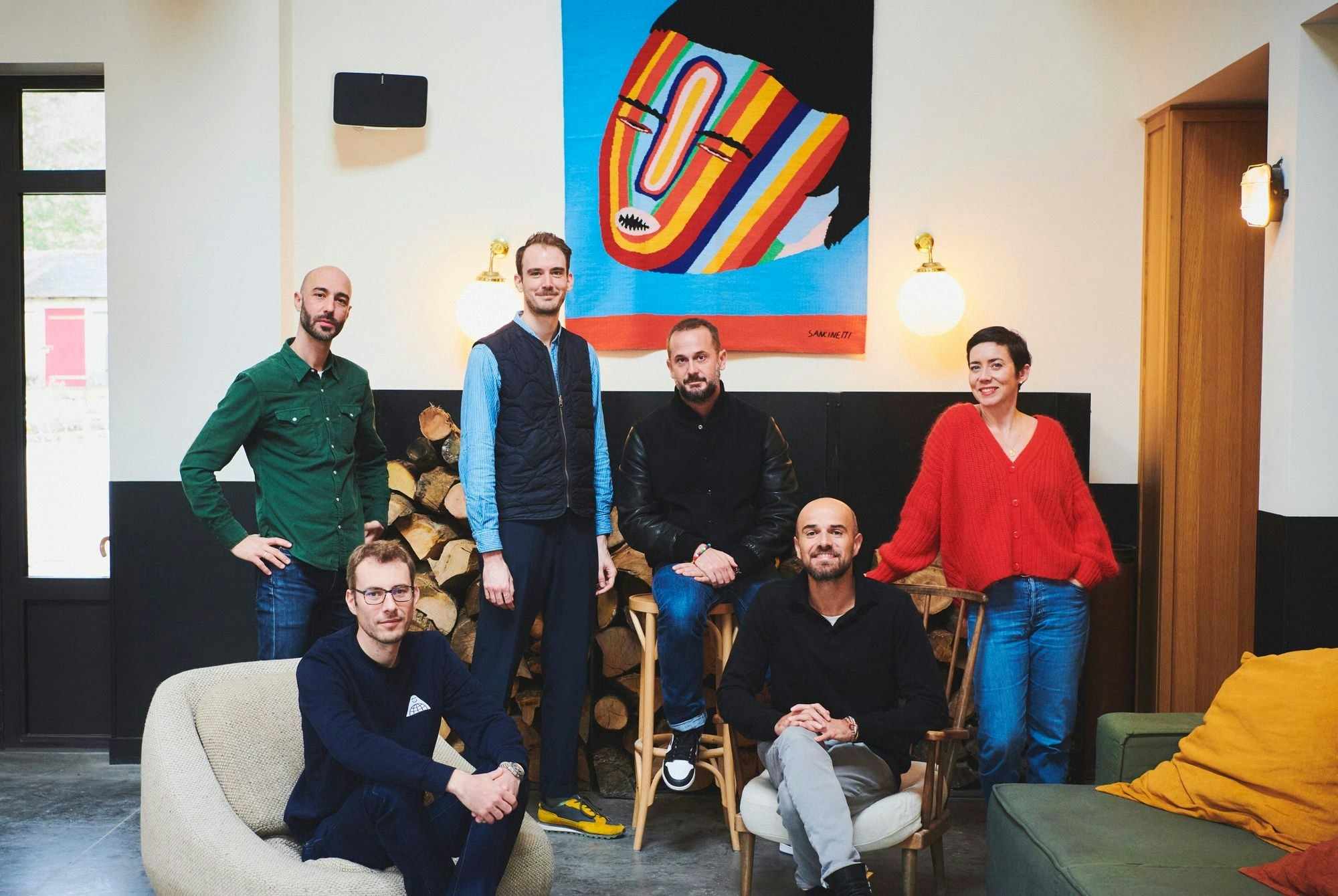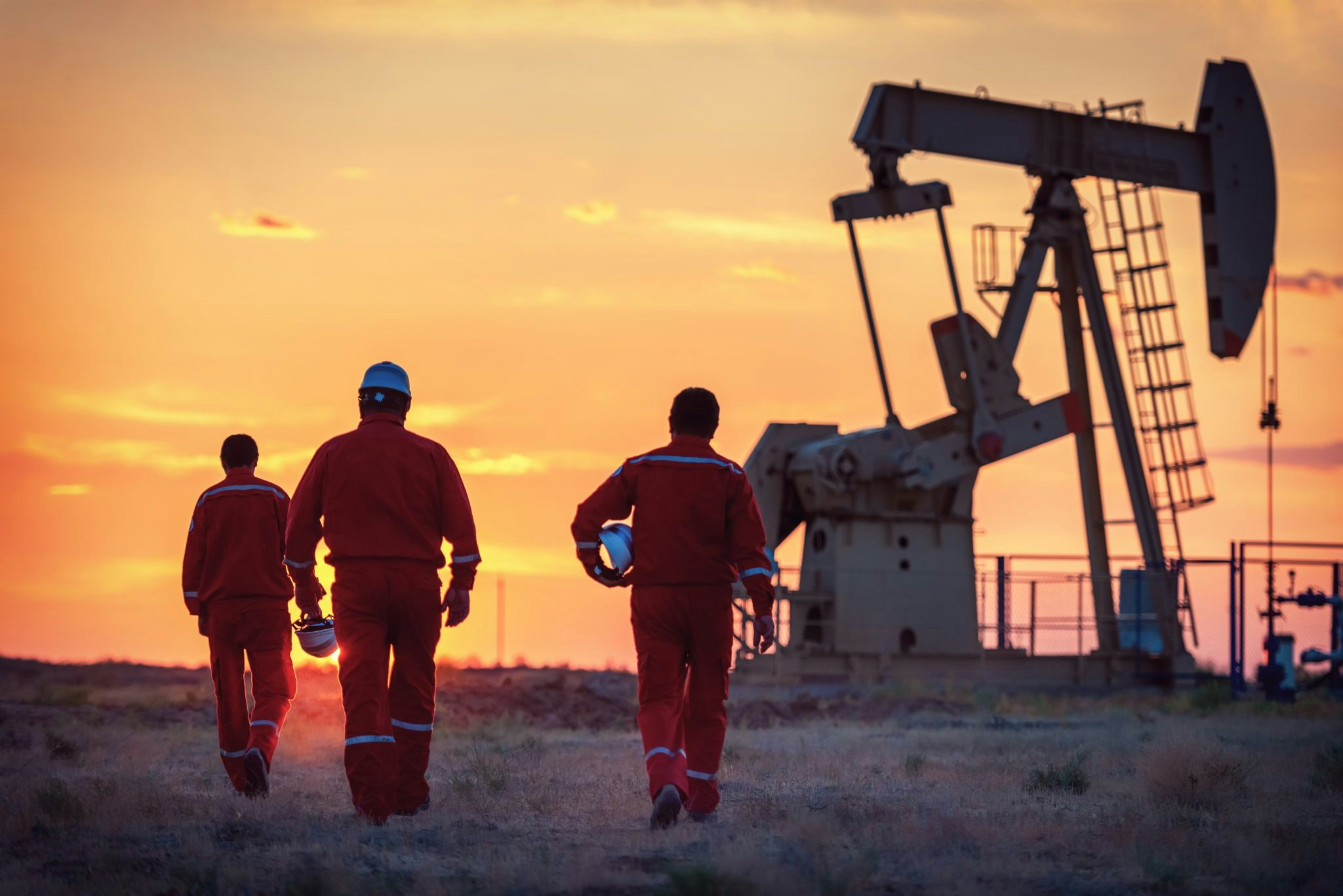For startups and scaleups with any presence in Europe, caring about environmental, social and governance (ESG) issues is no longer a nice-to-have — it’s a must-have.
Just last year, the EU’s Sustainable Finance Disclosure Regulation (SFDR) came into force, applying a mandate to all investors, private banks and financiers in the EU.
The SFDR regulates disclosures of investee companies’ energy and water use, supply chains, waste systems and their gender pay gap, among other sustainability indicators. Funds are classified — Article 8 “light green” funds promote ESG among other characteristics, while Article 9 “dark green” funds have sustainable investment or a reduction in carbon emissions as its objective.
Further disclosure rules will come into effect on January 1, 2023, but what do growing startups need to know now? We chatted to Cornelia Frentz, manager of corporate governance and ESG at the European Circular Bioeconomy Fund (ECBF) and Paul Denayer, a climate tech CEO, for their tips and tricks for startups traversing a growing area of regulation.
1. Make sustainability ingrained in the DNA of your business model
By implementing a tiered process of disclosure, EU policymakers are taking aim at greenwashing — where investors claim an "eco-friendly" label but do little to be sustainable.
Nearly 25% of European funds claiming an ESG label under the Article 8 classification didn’t live up to its principles, according to an August review by market research firm Morningstar. And earlier this year, it removed sustainable labels from over 1,200 investment funds.
But for Frentz, it’s not just new mandatory disclosures that should incentivise businesses into going more sustainable — it’s also consumer behaviour. Over a third of consumers are willing to pay more for a sustainable product, according to a 2021 study of 10k people across 17 countries.
Startups should have a sustainable advantage in comparison to conventional products
Therefore, Frentz says every new entrant to the European market needs to have a sustainability plan and ESG objectives from their concept stage.
“Startups should have a sustainable advantage in comparison to conventional products,” says Frentz.
That was how alternative dairy scaleup Prolupin set itself apart, according to its CEO, Paul Denayer. After having spent the first five years on developing its technology, the startup had an extraction process that wasn’t as resource-intensive as soy or almond.
“If we compare Prolupin milk to dairy, we need seven times less emissions and we also use far less water,” says Denayer.
2. Track sustainability criteria and KPIs from the start
Most peoples’ first instinct when it comes to sustainability criteria is to focus on their climate impact. But ESG obligations go beyond environmental concerns. Tracking social and governance indicators such as gender pay disparities and staff retention early will pay off further down the line.
We have a really long list of ESG KPIs that we look at, according to the three clusters of environment, social and governance
Based in Luxembourg, ECBF secured €300m in new funding in February 2022 to invest in startups in the bioeconomy because it’s classified as an Article 9 fund under the SFDR.
“We have a really long list of ESG KPIs that we look at, according to the three clusters of environment, social and governance,” says Frentz.
She adds key quantitative indicators — such as greenhouse gas emissions and greenhouse gas emission savings in comparison to conventional producers — need to be third-party verified for a startup to be accepted by ECBF’s dark green fund, so it’s worth bearing that in mind.
3. When choosing suppliers, have an ESG scorecard
Greenhouse gases emitted in a firm’s supply chain will often outpace its level of direct emissions. So suppliers’ ESG compliance is not something to overlook.
From 2023, SFDR obligations will also require that European fund managers report Scope 3 emissions — indirect emissions produced in the supply chain process — of the companies in their portfolio.
It would be useful if startups take a look at the ESG score of the country that they are receiving their ingredients from
But funds have been slow to commit to Scope 3 reductions, which may impact their abilities to raise capital in future, according to reporting by Capital Monitor.
“It would be useful if startups take a look at the ESG score of the country that they are receiving their ingredients from,” says Frentz.
However, if suppliers are located in countries with low ESG rankings, that’s not necessarily a no-go. There are three types of ISO certificates that suppliers can still obtain to prove their sustainability commitment to investment funds.
4. Think about appointing an ESG officer early
Many European investors are actively on the hunt for sustainability-first startups. “Every investor is going to look at ESG criteria in the future and they’re already looking at it right now. And if you cannot prove to potential investors that you have some type of ESG advantage, they're not going to invest,” Frentz says.
A startup’s ESG officer can therefore be key. They can be someone with technical training or someone without, but what is crucial is that they’re someone who can oversee the entire production process — likely someone at the C-suite level.
If you are proclaiming to be a sustainable company contributing to the sustainable food system, I think it’s more honest if we are also setting ourselves some goals. The ambition is to get better every day
For smaller firms or ones just getting started, the red tape required for European firms can be daunting and an ESG officer can help cut through.
Denayer says for Prolupin, which has just 40 staffers, complying with changing ESG regulations can drag on processes. But, he adds, “if you are proclaiming to be a sustainable company contributing to the sustainable food system, I think it’s more honest if we are also setting ourselves some goals. We are for sure not saying we are perfect today. But the ambition is to get better every day.”



